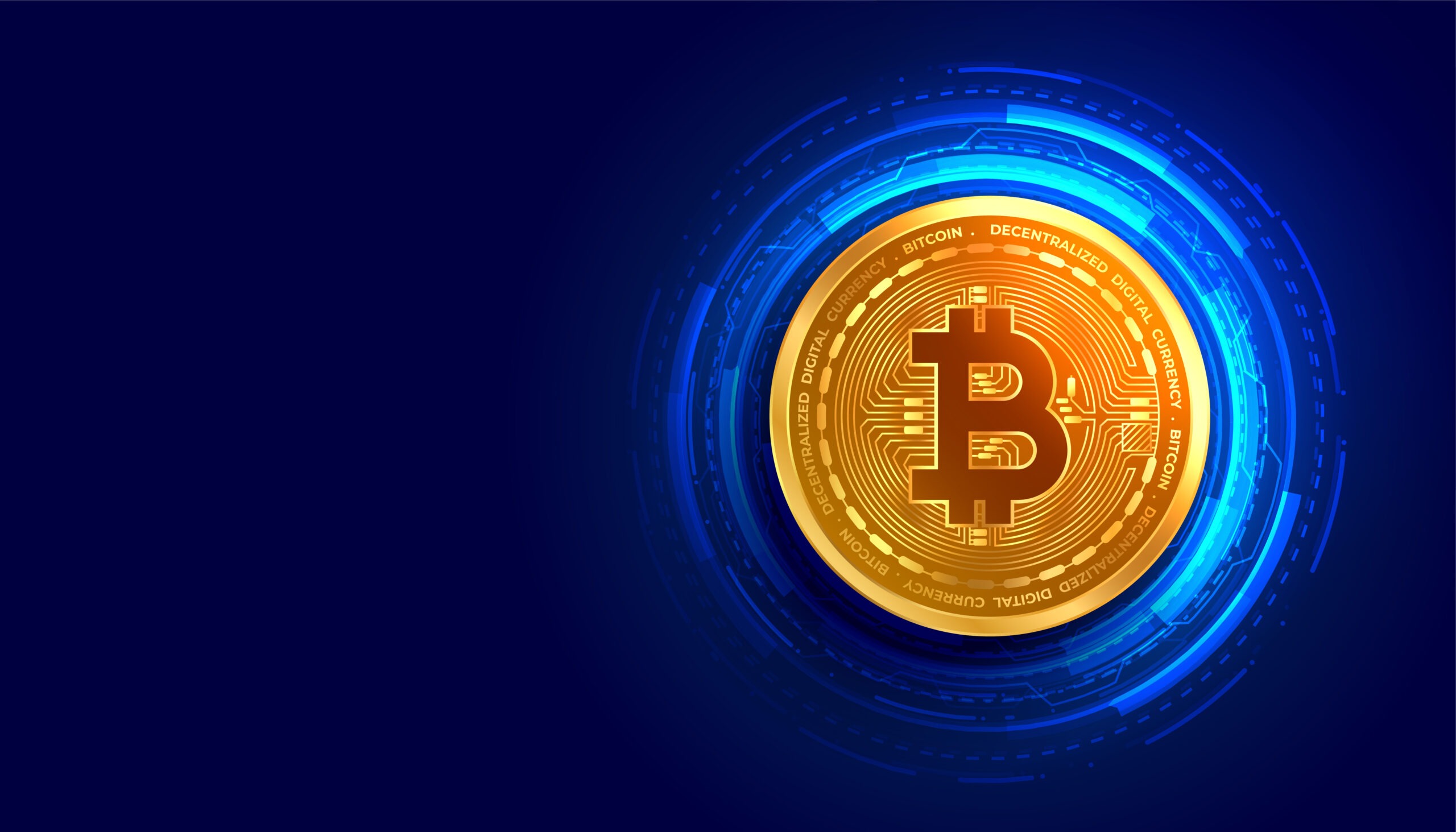
You’ve heard the word “blockchain” tossed around like digital confetti. But what is it, exactly? And why is it so central to crypto—and possibly the future of everything from finance to voting?
Let’s clear the fog.
The Simple Definition
A blockchain is a digital ledger. Imagine a spreadsheet or notebook, except:
- It’s not stored in one place—it’s distributed across thousands of computers
- It’s almost impossible to change past entries
- Everyone can see the same version
Each “block” contains a bunch of data (like transactions), and blocks are chained together chronologically. Hence: block-chain.
Why It’s a Big Deal
What makes blockchain so powerful isn’t just the tech—it’s what it enables:
- Decentralization: No single company or authority controls it. Instead, it runs on a network of users.
- Transparency: Anyone can verify what’s happened.
- Security: Once data is written, it’s almost impossible to alter without everyone knowing.
How It Powers Crypto
Cryptocurrencies run on blockchains. When you send Bitcoin:
- The transaction is verified by the network (called nodes)
- It gets bundled into a block
- That block is added to the chain
This all happens without a central authority. No banks. No middlemen. Just code, math, and consensus.
Real-World Uses (Beyond Crypto)
Blockchain isn’t just about digital money. It’s already being used for:
- Supply chains: Track goods from farm to store shelf
- Digital identity: Give people control of their own data
- Voting systems: Create transparent, tamper-proof elections
- Intellectual property: Prove and protect ownership of creative work
But It’s Not Magic
Despite the hype, blockchain isn’t perfect. Challenges include:
- Scalability: Some networks are slow and expensive
- Energy use: Proof-of-work blockchains (like Bitcoin) consume a lot of electricity
- Regulation and adoption: Still evolving in most countries
Still, the tech is evolving fast—and many believe its best uses haven’t even been invented yet.
In Plain English: Why It Matters
Blockchain is like a new kind of internet—one built for trust, transparency, and decentralization. Whether you’re into crypto or not, the principles behind it are starting to shape how we share value and verify truth online.
Coming up next:
Common Crypto Scams (And How to Not Get Burned)
Because navigating crypto safely means knowing the red flags before you lose your shirt.


